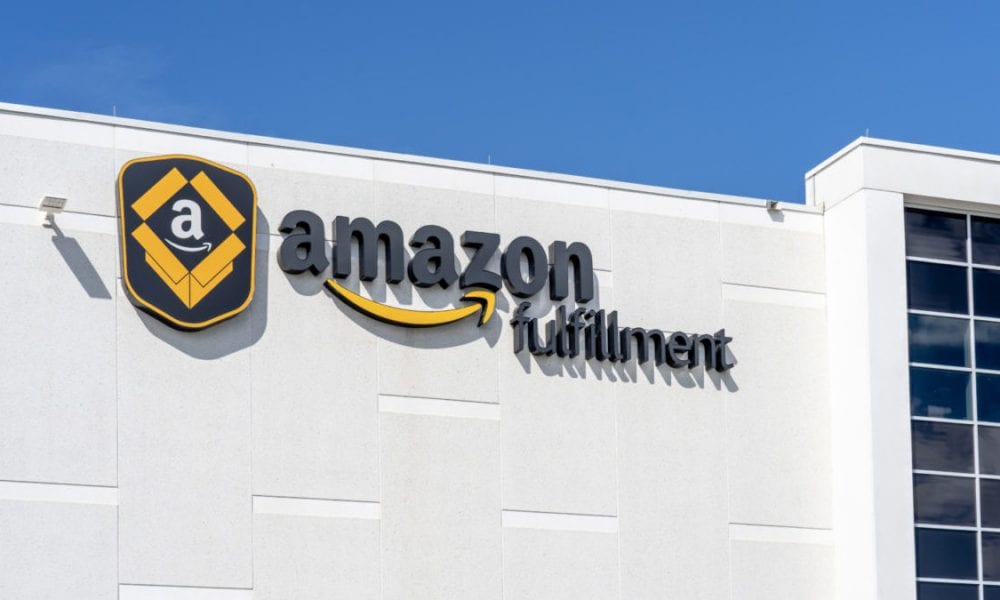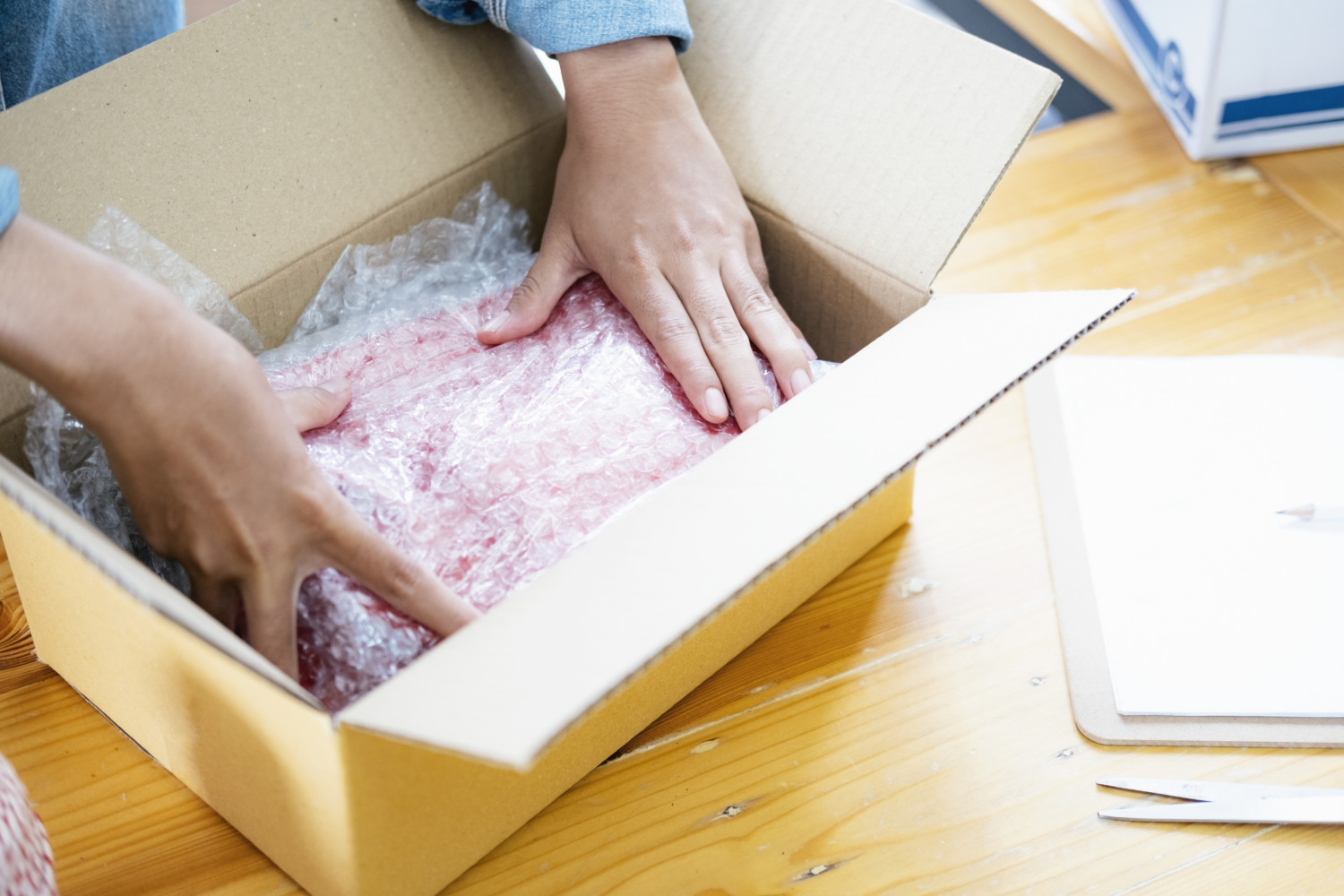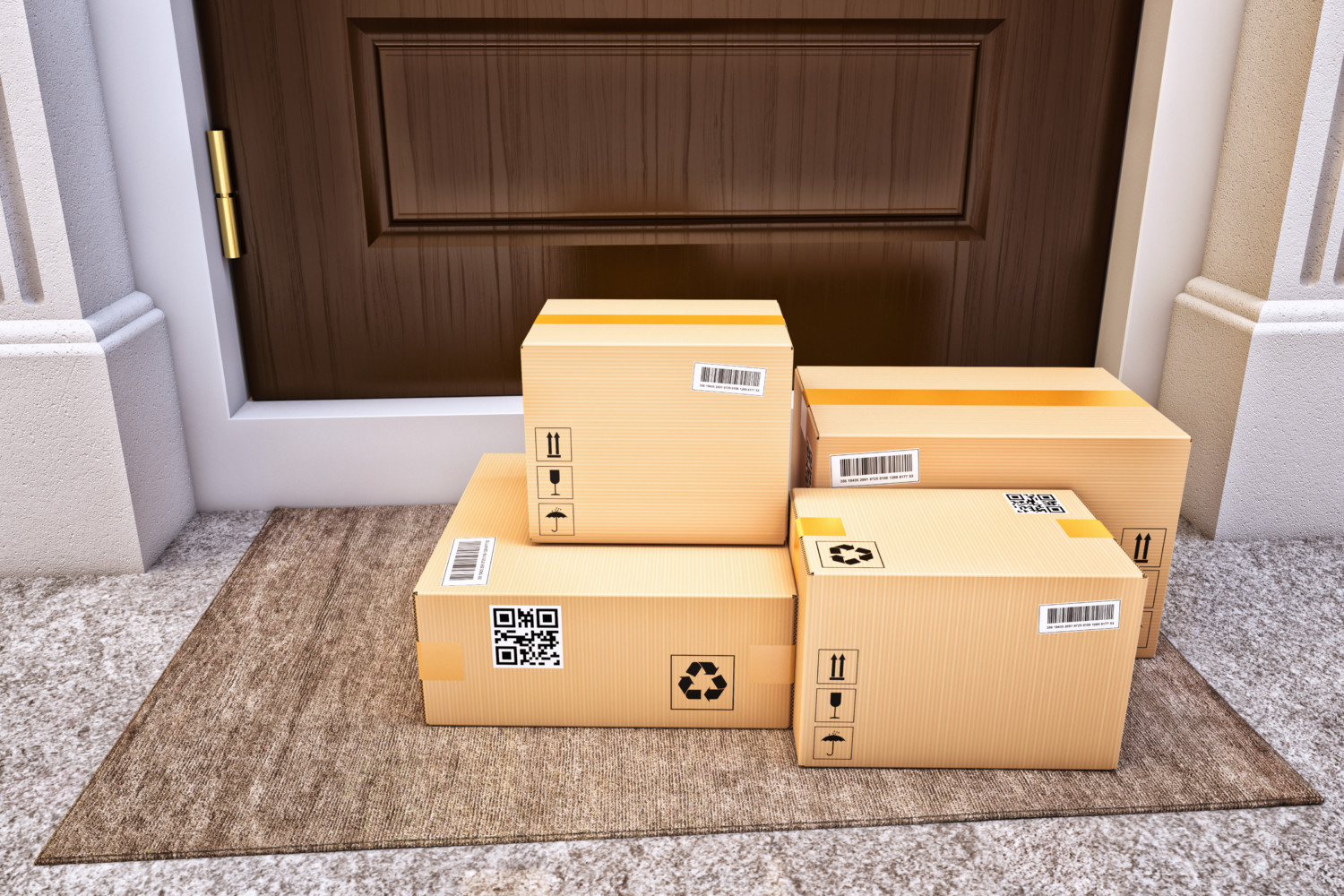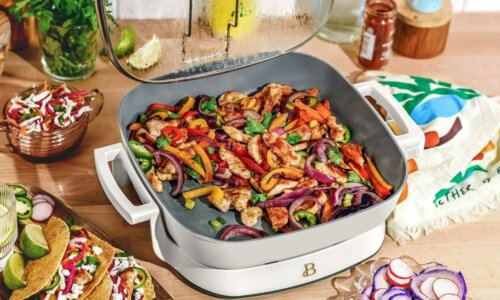The products and services mentioned below were selected independent of sales and advertising. However, Don't Waste Your Money may receive a small commission from the purchase of any products or services through an affiliate link to the retailer's website.
If you have valuable items in good condition lying around your house or you have a knack for finding hidden gems at bargain retailers, you might be able to make some money by selling them online — and you don’t have to meet up with strangers from Facebook to do so. In fact, you can let Amazon do most of the work while you sit back and collect some cash with a program called Fulfillment by Amazon.
According to the 2021 State of the Amazon Seller Report, which is an annual study based on insights from 4,864 Amazon entrepreneurs, business owners and major brands (92% of whom use Fulfillment by Amazon), 64% of Amazon sellers are profitable within their first year of selling with Amazon. The report claims that Amazon sellers who have one to two years of experience “may be taking home $42,000 per year in profits,” though it’s not clear what kinds of products those people are selling to reach that level of income.
The report also states that, according to most Amazon sellers, this is not a way to “get rich quick,” so keep reading to find out if Fulfillment by Amazon might be a good option for you.
How Fulfillment By Amazon Works
Also known as FBA, Fulfillment by Amazon is a service provided by the online retail giant. When you sell with FBA, you become a third-party seller on Amazon. Sellers store products in Amazon’s fulfillment centers, and the company picks, packs, ships and even provides customer service for the items when customers purchase them. Of course, Amazon doesn’t provide this service just to be nice. Sellers must pay fees to the company for order fulfillment, storage and optional services.
To use FBA, you must first create an Amazon seller’s account and then log in to Seller Central, where you will set up FBA. When you have products to sell, you will create product listings to add the items to the Amazon catalog. After that, you will pack and ship your products to Amazon, following their required practices. Once Amazon receives the items, they will be available for customers to order.
As with any service, Fulfillment by Amazon has its advantages and drawbacks. If you are looking for a way to earn an income selling merchandise, it’ll help to learn more about this service, how to set yourself up for success and what might prevent you from turning a profit.
What You Can Sell Using Fulfillment By Amazon
If you have ever shopped or even browsed Amazon, you know that the catalog of available products is virtually endless. On the same note, you can use FBA to sell pretty much anything available at Amazon. While Amazon FBA does allow you to sell some used products, the conditions allowed vary by category. For example, you can sell used books, electronics or musical instruments. However, Amazon only accepts beauty products, clothing and luggage that are in new condition.
There are also condition guidelines to consider:
- New: A brand new item with the original packaging.
- Used – Like New or Open Box: An item in perfect working condition that may be missing original protective wrapping.
- Used – Very Good: A well-cared-for item with limited use and is still in good working condition.
- Used – Good: An item that shows wear from consistent use, but remains in good condition and functions properly.
- Used – Acceptable: An item that is fairly worn but continues to function properly.
Again, used items in any condition are only allowed in specific categories. In addition, Amazon FBA has a lengthy list of restricted products, such as alcohol, certain dietary supplements and digital downloads. Products that have not been prepared according to FBA packaging and prep requirements, loose packaged batteries and damaged or defective units are also prohibited.
Pros And Cons Of Amazon FBA
There are numerous advantages to selling products with Fulfillment by Amazon. First, you have the benefit of the company’s name associated with your items. Since millions of people shop Amazon and trust the company, you instantly have access to a massive customer base. This includes the Prime audience, as qualified FBA listings are Prime eligible. You don’t have to worry about customer service issues, such as returns, refunds or inquiries, as Amazon handles them for FBA sellers as part of its service.
Shipping is easier, as you can send all of your items to FBA at once and leave the individual packaging and shipping for customers to Amazon. You don’t have to struggle with storing an inventory of products either.
Of course, there are downsides to selling with Amazon as well. There are costs involved. Referral fees are taken out of your Amazon account after the sale is made and can range from less than 10% to nearly 50% of the product price, depending on the category.
Plus, individual sellers pay a flat $0.99 for each sales transaction, while sellers with a “Professional” plan pay a monthly subscription fee of $39.99. If a shopper requests a refund, Amazon charges a fee of either $5.00 or 20% of the refunded charge, whichever is less to process it.
Although FBA sellers do not have to pay for shipping, handling or packaging to ship products, they are charged an FBA fee determined by the size and weight of the product. And if products don’t sell promptly, there are more fees. Items stored in Amazon’s warehouse for 180 days or longer incur a long-term storage fee of $6.90 per cubic foot of storage used, and products stored for longer than 365 days are charged $0.15 per unit.
Because of all these fees, you may want to consider what kinds of items you’ll be selling and make sure they’re likely to bring you a profit after all these fees are deducted. If you’re only selling smaller or low-priced items, it may take a while before you see much actual income from these sales.
Returns can be another disadvantage due to Amazon’s easy return policy. Returns are shipped back to the seller, who has to decide what to do with the item at that point. This can be especially burdensome if the package has been opened or if the item has been damaged.
Amazon also has detailed product prep requirements that can be time-consuming and include everything from expiration dates, tape and bubble wrap specifications to special prep for products with perforated packaging.
Tips For Starting A Fulfillment By Amazon Home Business
If you want to give FBA a try, here are some pointers that could help you start a successful online retail venture.
- Start small. You can test the waters by listing a few products to learn which sell quickly and garner the highest profit. Choose non-seasonal items that are more likely to sell year-round. Also, consider uncomplicated items that are less likely to have technical issues or break.
- Perform keyword and product research to find profitable product ideas. Learning more about what customers are searching for can help you choose products wisely and make more consistent sales. Learn to use the keywords in your product listings as well. Doing so will help shoppers find your products.
- Make your listings appealing, attractive and easy to navigate so that customers will be more likely to purchase after landing there. Be sure to use high-quality images and accurate product descriptions.
- Take time to answer questions, comments and inquiries. Responsive sellers tend to have higher ratings, leading to more sales.
Be sure to check out the beginner’s guide to selling on Amazon to determine what you’ll need to begin and how to become a great seller. Who knows? You might find the ideal at-home business for you.











